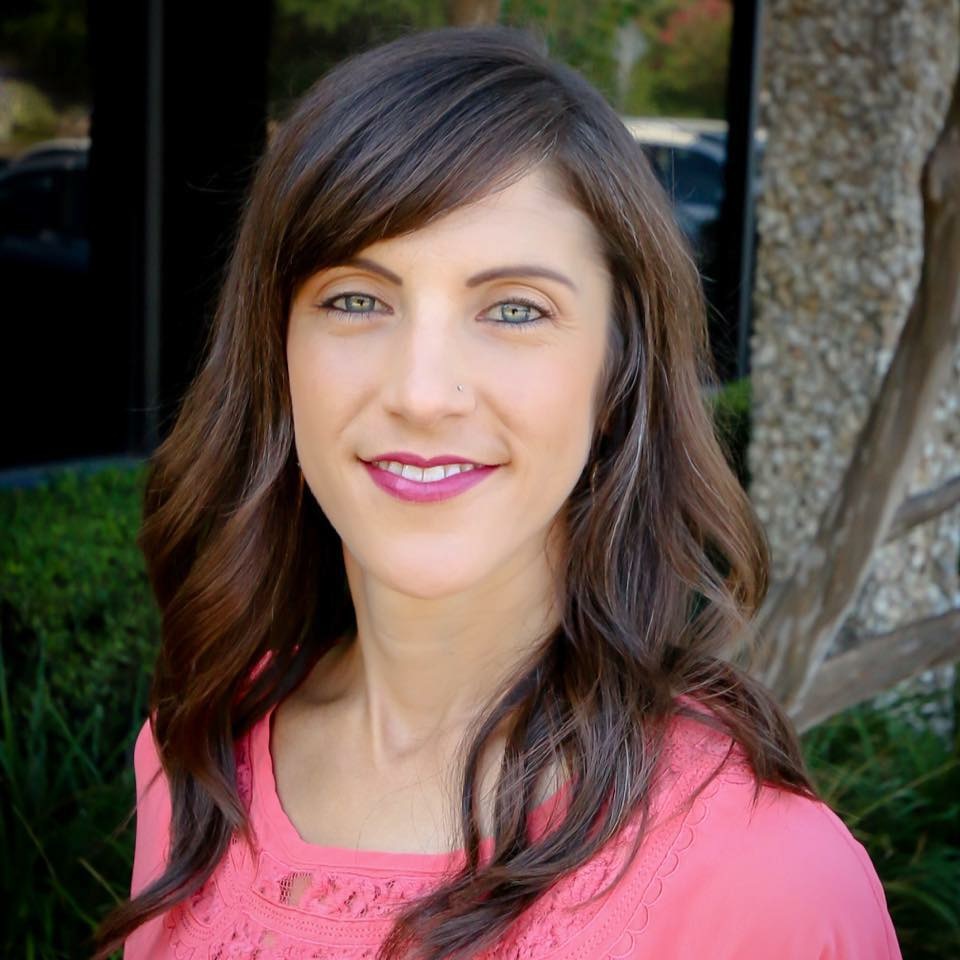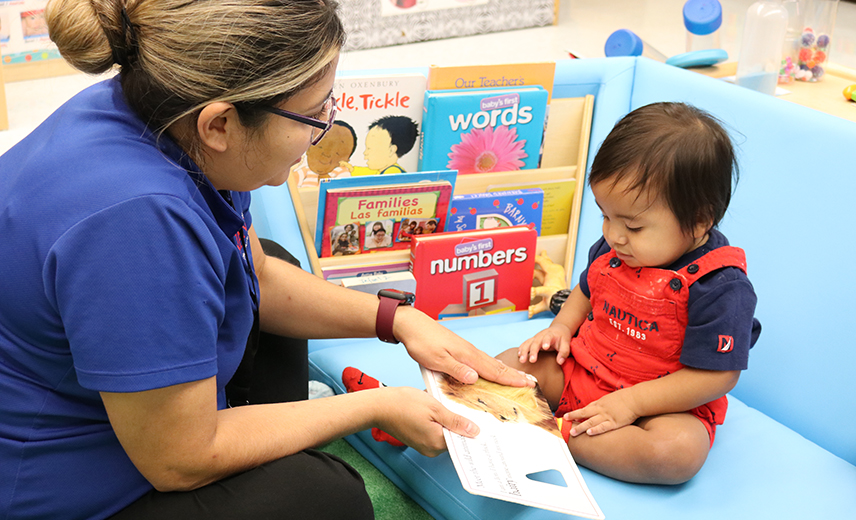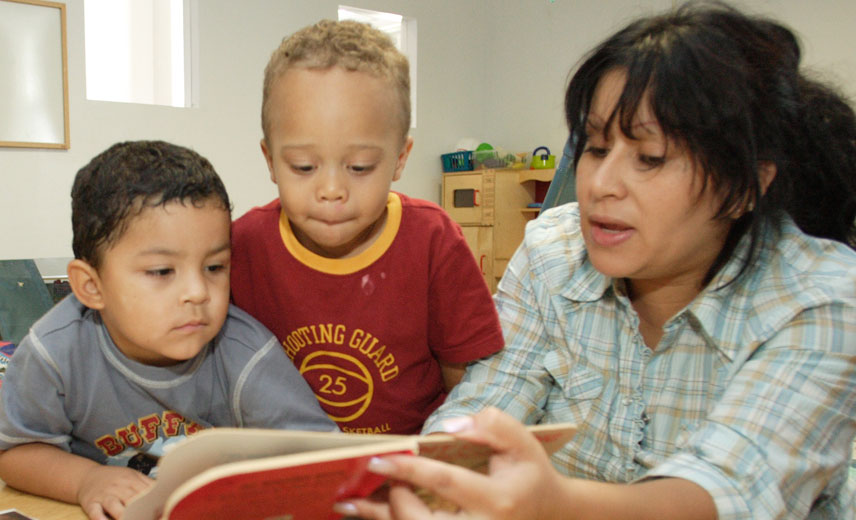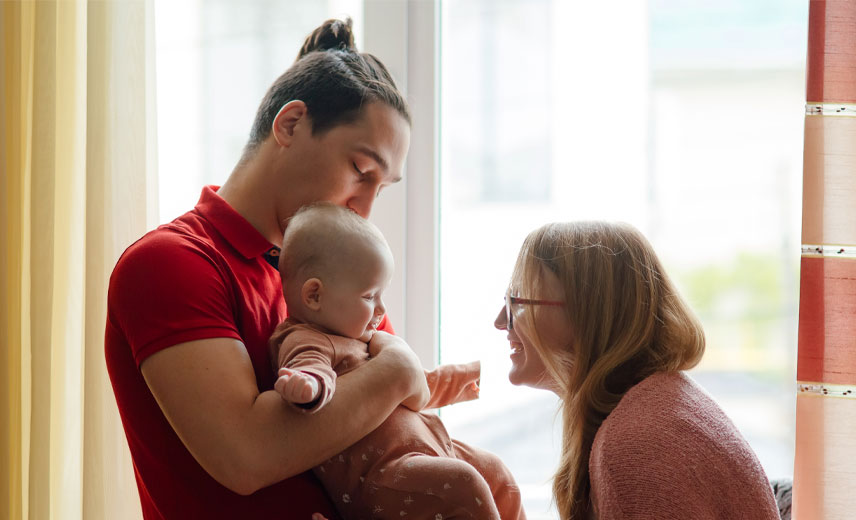(UnidosUS) —
AVANCE celebrates 50 years of success in parent-child engagement, and Dr. Granadillo shares the lessons learned to improve current early childhood education methods.
 In 1973, Dr. Gloria Rodriguez, a school teacher in San Antonio, decided to do something about the less than equitable state of education for Latino grade school students in the public school system. Empowered by the burgeoning Chicano movement of that era, she decided her best bet was to build on an already existing mother-infant program and turn it into a broader Parent-Child Education Program focused on helping caregivers become the primary educators for their own infants and toddlers. The program, which became known as AVANCE, began in the Mirasol Housing Project on the West Side of San Antonio, and now serves 14,000 caregivers and children across Texas and four affiliate chapters across the nation.
In 1973, Dr. Gloria Rodriguez, a school teacher in San Antonio, decided to do something about the less than equitable state of education for Latino grade school students in the public school system. Empowered by the burgeoning Chicano movement of that era, she decided her best bet was to build on an already existing mother-infant program and turn it into a broader Parent-Child Education Program focused on helping caregivers become the primary educators for their own infants and toddlers. The program, which became known as AVANCE, began in the Mirasol Housing Project on the West Side of San Antonio, and now serves 14,000 caregivers and children across Texas and four affiliate chapters across the nation.
Over the years, AVANCE has been honored with numerous awards and had visits from many dignitaries, including U.S. first ladies, British royalty, and even Oprah Winfrey. In September 2023, AVANCE Chief Executive Officer Teresa Granillo and her staff began a year-long 50 th anniversary celebration. It began with a Diez y Seis parade in San Antonio with Dr. Rodriguez serving as the parade marshal, and it continued with receptions at different locations where AVANCE serves.
Celebrations will continue up through September 2024, at which point AVANCE will host a gala in their founding city, San Antonio, and will celebrate the contributions of Dr. Rodriguez and many others who contributed to the organization’s 50-year success. As we celebrated Mother’s Day this month, UnidosUS’s ProgressReport.co reached out to Dr. Granillo, who has a new baby of her own, to learn more about AVANCE’s past, present, and proposed future.
Q: What makes AVANCE’s program so special?

A: AVANCE has been laser-focused on early childhood education for 50 years. What’s unique about us is that, yes, we provide our earliest learners with high-quality education and dual-language learning, but what’s critical is that we also engage the parents, from a strengths-based perspective.
In this country, you give birth, and they give you this bag of paperwork—flyers for all the resources in your community, that you have to seek out if you need support. At AVANCE, we do the opposite.
Our program starts with understanding the needs of our parents, and then during our community resource and advocacy hour, we bring those resources to our parents in a safe space—the AVANCE classroom. We empower our parents to ask questions, so they can practice their advocacy skills in this setting. Ultimately, the community resource and advocacy hour not only meets the needs of the families we serve but also helps parents build a sense of confidence.
We also do goal-setting right upfront, asking them “what do you want to achieve?” Our parent educators work 1:1 to help parents map out and achieve those goals.
Often, parents start out with the broad goal of being a better parent, but it becomes more specific over the course of the nine-month program, with goals like joining the PTA, getting more engaged in advocacy, learning English, or going back to school.
It’s a very big commitment for the parents—once a week for three to four hours—but this model leads to positive outcomes for children in meeting their developmental milestones, entering school “school ready,” and even leads to higher achievements in 3rd-grade reading. For parents, they benefit in terms of empowerment, engagement in their child’s education, their understanding of school readiness, and their positive parent-child interactions.
Q: How do you know that your model is working?
A: We have data showing that our program yields increased economic mobility outcomes for the parents that participate. For example, we did a survey of parents 10 years after they graduated from our program and found that there was a 216% percent increase in educational attainment starting with a bachelor’s degree, a 137% increase in employment rates, and a 142% increase in homeownership rates.
Parents aren’t being told “you need to do this because you need to be a better parent, and you don’t know what you’re doing.” No, we invite them to join if they want to, we meet them where they’re at and build on their current resources and skill sets. It’s about building trust and investing in these parents in a culturally responsive and authentic way.
One of the ways that we do that is by employing our alumni. In fact, they represent 46% of our staff delivering this program. Who better to sit and say, “you can do this. I know you can. I literally was in your shoes a few years ago, and look where I am now.”
Q. Where do you want to see AVANCE go from here?
 A: We are looking to expand by partnering with other existing early childhood organizations that may not have a robust parent-engagement curriculum. Right now, we serve about 14,000 individuals a year here in Texas in Austin, Houston, San Antonio, Dallas, the Rio Grande Valley, and El Paso.
A: We are looking to expand by partnering with other existing early childhood organizations that may not have a robust parent-engagement curriculum. Right now, we serve about 14,000 individuals a year here in Texas in Austin, Houston, San Antonio, Dallas, the Rio Grande Valley, and El Paso.
We have an ambitious goal to serve 60,000 individuals, including children, parents, and other childcare providers by 2030. We know there are a lot of organizations that would like to replicate or license our curriculum and that their own community members are the best ones to implement it according to the needs of that community.
We also want to double down on our influence in the early childhood ecosystem, which translates to advocacy. In the past, we didn’t have a specific policy and advocacy goal, but over time, we realized our unique position in the work that we do and the way that we do it. We are a space where families can share their voices and opinions, and we can lift those up to make change not just for the families we serve, but for all families.
We’re doing this as a collaborative effort here in Texas with two other organizations: Shades of Blue Project and Empowerhouse San Antonio to build a BIPOC, AALANA-led early childhood collective. One of us alone could potentially be ignored or pushed to the side, but there’s power when we do it together. This initiative was funded by the Pritzker Foundation, which also funds the Latino Infants Initiative that was founded by UnidosUS-Opening Doors/Abriendo Puertas. There is a lot of great momentum for advocacy in the early childhood space, and we’re excited to be a part of it.
Q: And this will move beyond Texas?
A: Yes. New Mexico, where we just landed a partnership, is one of our target states, and we want to continue to expand in California where currently two early childhood programs are using our curriculum. We also want to go into other places where the Latino community is growing rapidly, such as in North Carolina.
Q: Can you talk more about how AVANCE pushes for dual-language learning?
 A: Here in Texas,our parents are still being told that speaking Spanish to their children will confuse them and that they shouldn’t do it. We teach our parents the research on dual language learning: children can learn multiple languages at once from birth, and bilingual children have stronger brain development, are better problem solvers and tend to make more money later in life.
A: Here in Texas,our parents are still being told that speaking Spanish to their children will confuse them and that they shouldn’t do it. We teach our parents the research on dual language learning: children can learn multiple languages at once from birth, and bilingual children have stronger brain development, are better problem solvers and tend to make more money later in life.
Our parents want their children to be bilingual. Our program empowers parents with research and reminds parents that when their child enters the public education system, there are options for dual-language learning. They know that, as parents, they have the right to request the type of dual language learning they want for their child, rather than have the district tell them what should happen.
Q: And how does that further empower the parents?
A: By the time these parents graduate from our program, they’re asking “What’s next? I got this. I’m going back to school, or I’m going to start a business.” And this was always part of the model.
Back in the 1990s, a lot of moms graduated from the program and decided they wanted to go back to school or back to the workforce. But realized they had to find a way to care for their children, so another mom said “I’ll take care of all of your babies while you all go and do this.”
We ended up creating a program for that mom who created a family child care business in her home. In fact, we’re one of the only organizations in Texas and very few across the nation who work specifically with home-based childcare providers to help them increase the quality of care that they’re providing and create business sustainability. Services like these are critical because Latino families are 22 times more likely to prefer home-based childcare.
Q: How are you helping other cultural or ethnic groups?
A: Dr. Gloria was ahead of her time. When she started to speak up about the way Mexican students were treated in school, she wasn’t well received. That’s when she realized that this was not just an education issue; this was a civil rights issue. She knew the only way for Latino children to start to catch up and get
ahead was to empower the parents.
And we don’t just serve Latino families. In fact, in Houston, we have a large Black community that we serve, so we intentionally hire staff that look like those families. But it’s also interesting to see what happens when you put the Black and Latino parents in a room together. You see how much they learn from each other–the similarities and the differences.
We are focusing on the Latino community as they are a vital part of our future workforce. AVANCE is uniquely positioned to serve the needs of the Latino community, but that doesn’t mean we’re excluding anyone else. The Latino community is growing at a rapid pace, and it’s our mission to uplift everyone together. Remember, “when one boat rises, all boats rise.”
—
Read More News from UnidosUS
